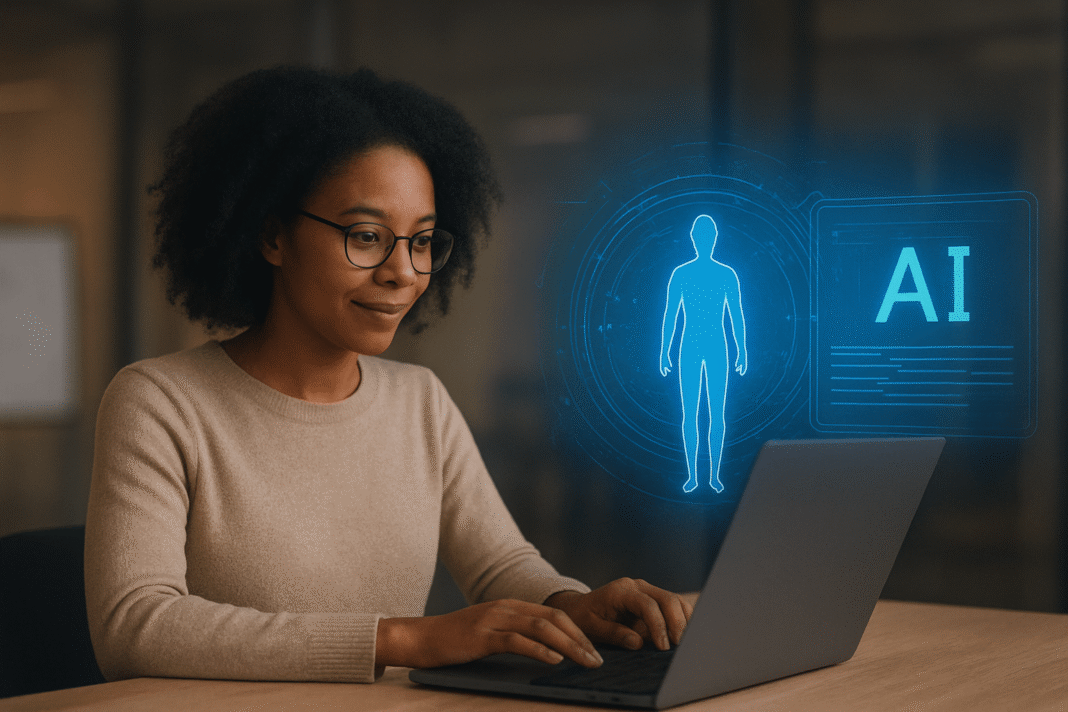Artificial Intelligence (AI) has already transformed the way we work, shop, and communicate. But in 2025, a new paradigm is emerging: Agentic AI. Unlike traditional AI tools that only respond to commands, Agentic AI can act with autonomy, set goals, and collaborate with humans in real-time.
This shift is being hailed as the next revolution in artificial intelligence — one that could reshape industries, redefine productivity, and even spark new ethical debates.
What Is Agentic AI?
Agentic AI refers to AI systems that operate as autonomous agents, capable of:
-
Understanding user intent without step-by-step instructions.
-
Breaking complex goals into smaller tasks.
-
Learning from feedback and improving results.
-
Collaborating with humans or other AI agents.
Think of Agentic AI as moving from “a smart assistant” to “a proactive teammate.”
How Agentic AI Differs From Traditional AI
| Traditional AI | Agentic AI |
|---|---|
| Responds only to prompts | Sets and pursues goals independently |
| Limited to task execution | Handles end-to-end workflows |
| Reactive | Proactive |
| Needs constant human input | Works with minimal supervision |
Real-World Applications of Agentic AI
-
Healthcare – AI agents managing patient data, suggesting treatments, and scheduling follow-ups automatically.
-
Business Automation – Sales and marketing agents that generate leads, craft campaigns, and even close deals.
-
Software Development – AI coders that not only write code but also debug, test, and deploy applications.
-
Education – Personalized AI tutors guiding students step by step, tracking progress, and adapting learning methods.
Benefits of Agentic AI
Boosts productivity – Handles repetitive tasks with little oversight.
Scales decision-making – Processes huge amounts of data quickly.
Enhances collaboration – Works alongside humans like digital co-workers.
Continuous improvement – Learns and evolves without manual retraining.
Challenges and Concerns
Ethics & Accountability – Who is responsible if an AI agent makes a harmful decision?
Bias & Fairness – AI agents can inherit and amplify hidden data biases.
Security Risks – Autonomous AI could be exploited by hackers.
Job Shifts – Routine roles may decline, but new AI-management jobs will grow.
The Future of Agentic AI
Agentic AI is still in its early stages, but companies like OpenAI, Anthropic, and Google DeepMind are already experimenting with autonomous AI systems. Over the next few years, we can expect:
-
AI marketplaces where businesses hire digital agents for specific tasks.
-
Human-AI hybrid teams working across industries.
-
Tighter regulations to ensure safe and ethical AI deployment.





